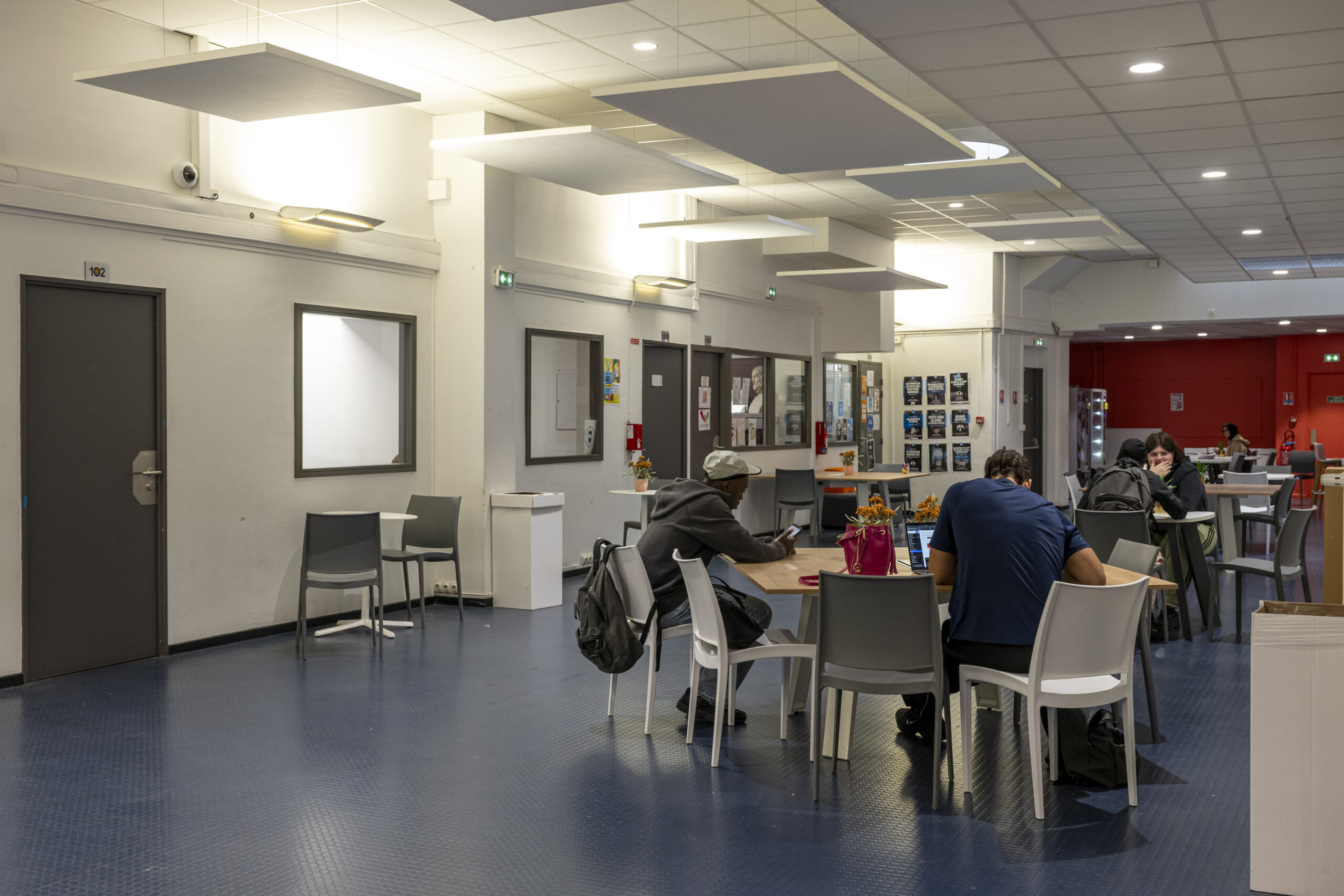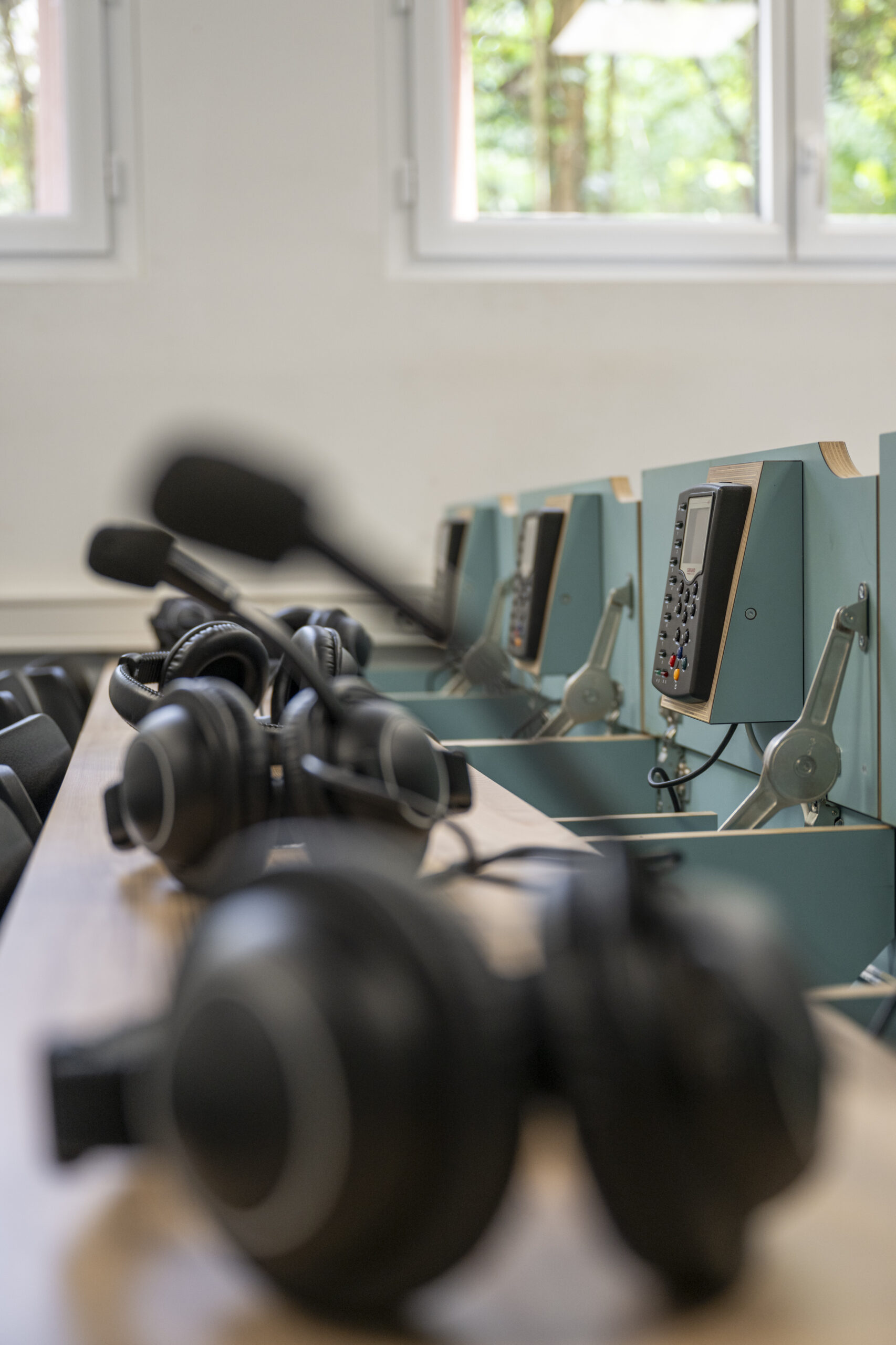Use video or audio resources to know the proper pronunciation
While it is possible to learn the pronunciation of French words with Google translate, it remains wise to use other resources if you really want to improve your French pronunciation. Watching French films is an excellent way to familiarize yourself with words and their pronunciation while enriching your vocabulary. You can also choose to listen to French songs (while reading the lyrics if/when necessary) to identify the words and learn how to pronounce them.
Record (and hear) yourself speaking
Thanks to the Smartphones, it is now easy for everyone to get quality audio recordings; pick a few texts in French – it could be newspapers, novels, poems or even comic books as long as you enjoy it– and record yourself when you read them. Then listen to your recordings several times to find out what your pronunciation truly sounds like. You will then be able to compare yourself to native French speakers and proceed to the required adjustments.
Tongue twisters
A tongue twister (“Virelangue in French) is a playful phrase, characterized by its difficulty of pronunciation, comprehension or both.
It is therefore an excellent way to test your pronunciation and improve it, knowing that these tongue twisters are sometimes difficult for French speakers themselves… don’t be scared though, just practice slowly to familiarize yourself with the sounds. You will soon find out that your French pronunciation improves very quickly.
Learn the differences between sounds
French words can sometimes sound odd to those who just started learning the language. It is therefore necessary to become familiar with the different sound specific to the French language, like the 4 nasal vowels IN [ ɛ̃ ] , UN [ œ̃ ], AN [ ã ] and ON [ ɔ̃] a large number of exercises are available on the Internet (especially YouTube tutorials) which will allow you to work on the different sounds that shape the French language; remember that the nasal vowels are essential if you really want to master French.
Beware of simplified pronunciations
Be careful of some online courses created by English speakers who mistakenly teach you to pronounce French words in an English way (ex: appétit becomes “apaytee”).
If you get into the bad habit of pronouncing French words the English way, it will be difficult to get back to correct pronunciation afterwards. In addition, you might not be understood by your French-speaking interlocutors!
Make sure to choose high quality teachings and programs: famous institutions such as the Cours de Civilisation Française de La Sorbonne (CCFS) offer phonetic labs that will be of great help in correcting your French pronunciation.
Speak French with French people!
The best way to improve your French pronunciation – the fastest and most efficient – is to chat with people whose native language is French. You will quickly learn the correct pronunciations of French words, especially if you are a student since mastery of the language is essential in college. Interacting with French speakers remains the best way to improve your oral language skills, enrich your vocabulary and overcome any shyness.









